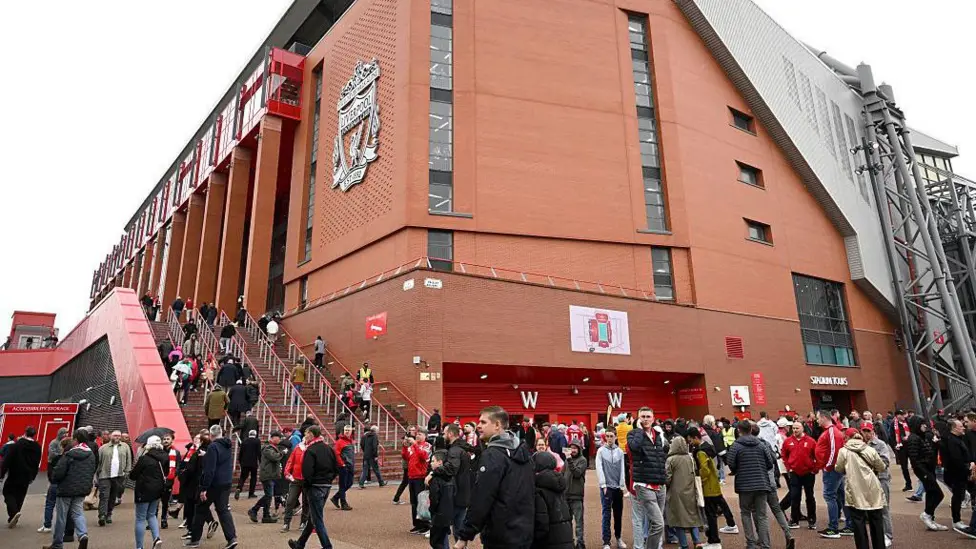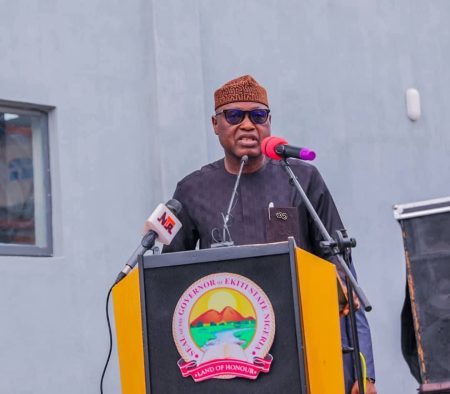Liverpool Football Club has revealed the scale of its toughest-ever crackdown on ticket touting, disclosing that it has shut down 145,000 ticket accounts in the past two years and issued a record 1,114 lifetime bans in the last season alone.
The Premier League champions said that the measures follow the discovery of widespread abuse of software used to harvest tickets, often at the expense of genuine fans. According to club investigators, touts used bot technology, burner phones, and fake identities to manipulate the ticketing system and resell seats at vastly inflated prices.
Lifetime bans surge
The 1,114 lifetime bans imposed last season represent a dramatic rise from the 75 handed out across the 2023–24 campaign. Eleven of those bans were applied to season ticket holders who attempted to pass on or resell their tickets in violation of club rules.
In addition, Liverpool reported that 500 individuals were denied entry to Anfield in the past year after attempting to access the stadium with burner phones — devices commonly used by touts to avoid tickets being traced back to the original source.
Senior club officials, working alongside representatives of an independent supporters’ association, oversee the sanctions process, hearing cases individually before issuing bans, suspensions, or warnings. Most penalties, the club confirmed, were linked to the unauthorised sale of season tickets, memberships, or hospitality packages.
Tackling online networks
Investigators also dismantled 162 social media groups with a combined membership of more than one million users. Many of these groups were involved in selling fake tickets that never materialised, or real tickets at extortionate rates. The activity left many supporters out of pocket, sometimes paying hundreds of pounds for tickets that turned out to be worthless.
On matchdays, nearly 400 targeted stops were conducted at the turnstiles, blocking entry for accounts with suspicious activity linked to unauthorised ticket sales.
Liverpool said that it had closed 100,000 fake accounts during the 2023–24 season alone. New measures including multi-factor authentication, single sign-on, and advanced fraud analysis tools have since been introduced in an attempt to make ticket buying more secure.
A wider problem
The industrial-scale black market in Premier League tickets was highlighted in a recent BBC Sport investigation, which revealed how resellers use bots and fraudulent identities to hoover up tickets, later reselling them at inflated prices.
Re-selling football tickets in England and Wales without authorisation is against the law. However, many secondary websites continue to operate by basing themselves abroad, beyond the immediate reach of UK legislation.
Fans often face the consequences, either paying extortionate prices for legitimate tickets or losing money altogether when tickets turn out to be fake. The practice also threatens safety at matches by undermining segregation policies between home and away supporters.
Other clubs respond
Liverpool is not alone in stepping up action. Arsenal announced it had cancelled nearly 74,000 accounts attempting to obtain tickets illicitly this season and banned more than 7,000 memberships. Chelsea, meanwhile, claims to have blocked over 350,000 attempted purchases made by bots.
Still, questions remain over whether Premier League clubs are doing enough. Tom Greatrex, head of the Football Supporters Association, told the BBC he doubts the full commitment of some clubs.
“Long-term supporters are finding it impossible to get tickets because of the way they are made available through secondary agencies,” Greatrex said. “This is becoming endemic across the game.”
The official response
The Premier League has urged supporters to exercise “extreme caution” when using unauthorised sites. The league is also introducing encrypted barcodes for digital ticketing, which it believes will make touting more difficult.
Despite the large number of club-led bans, Home Office data shows only 12 arrests for ticket touting across the top six tiers of English football last season.
The Department of Culture, Media and Sport reiterated in a statement that the unauthorised resale of football tickets is illegal, stressing that clubs themselves carry responsibility for implementing effective preventative strategies.
“While the law applies only to domestic resales, it covers any element of an unauthorised sales chain that takes place within England and Wales,” the department added.
Liverpool insists it will continue to devote resources to combating touting in all its forms, calling it a direct threat to fairness, safety, and the matchday experience for genuine fans.









